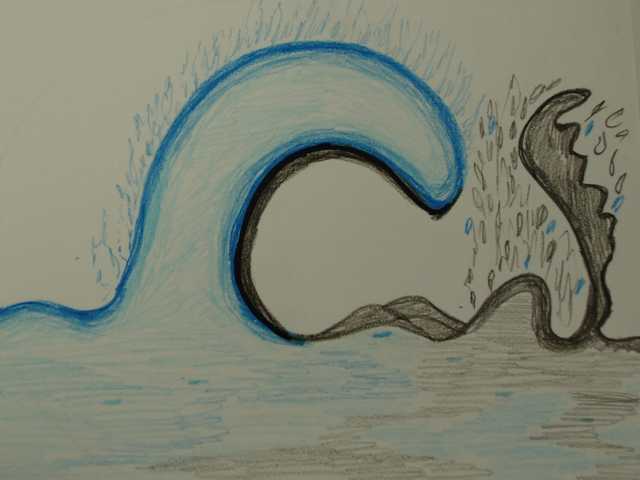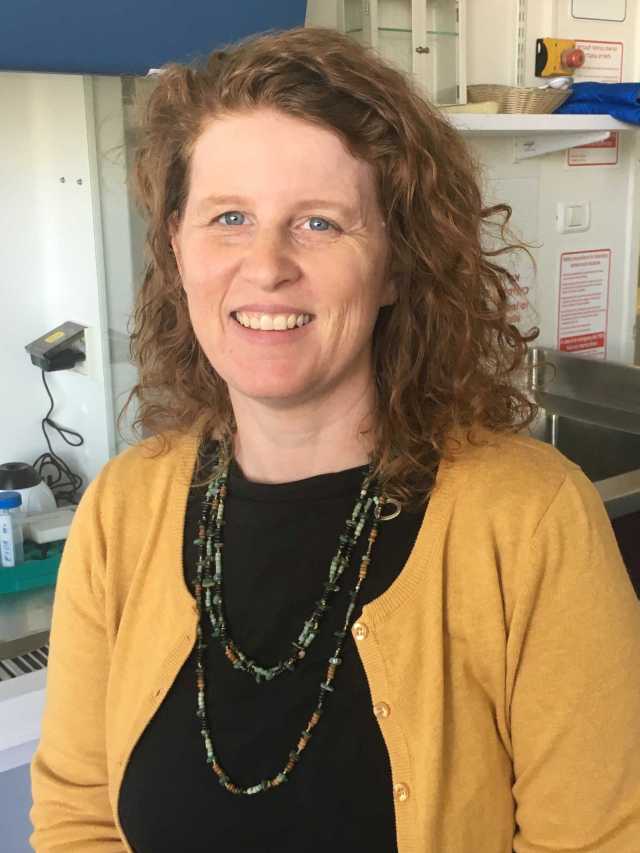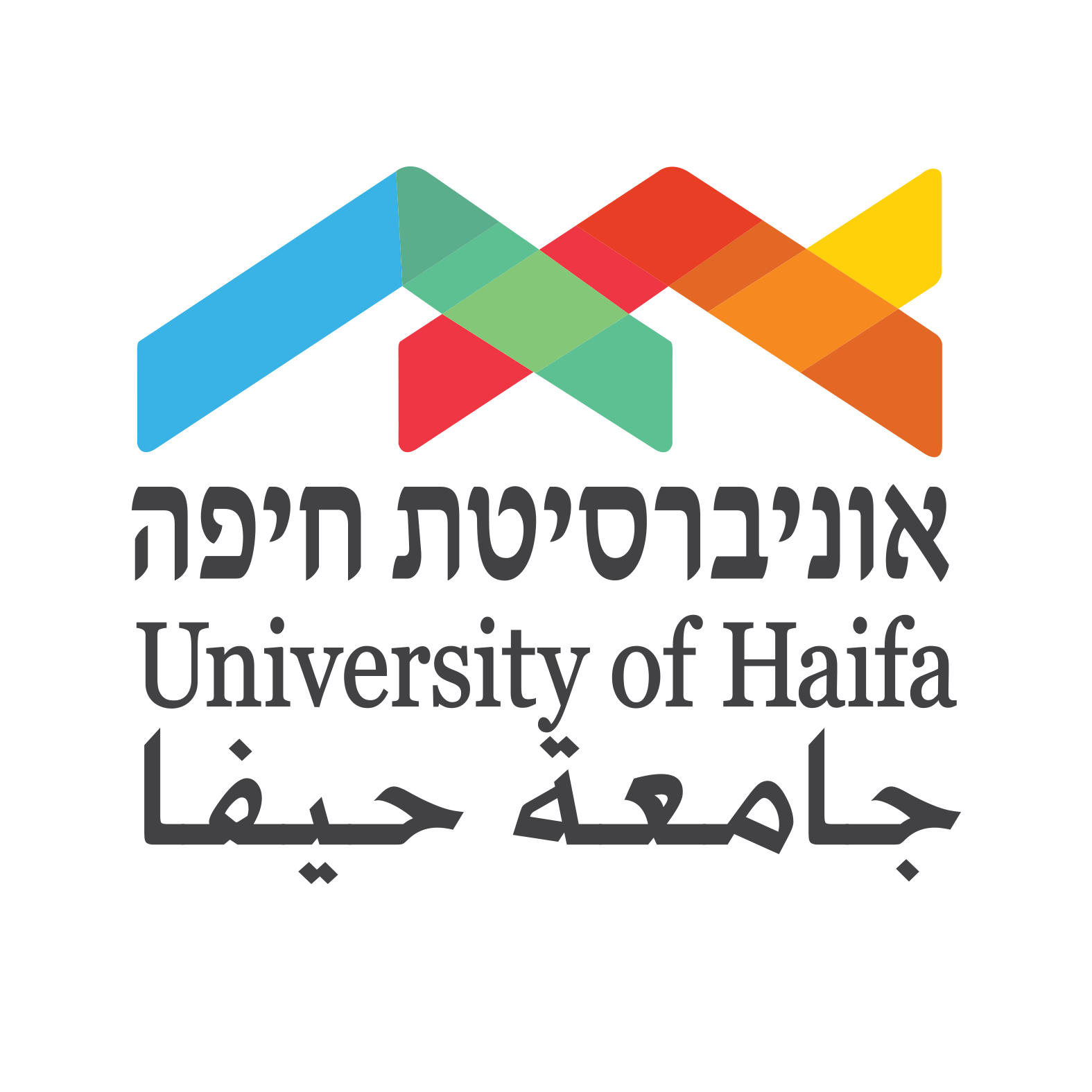
for overcoming the emotional pain and barriers still
remaining after treatment.
Behind the science of
creative art therapies
Approximately one-third of women coping with breast cancer experience symptoms of depression, anxiety, pain and fatigue, and are not responsive to conventional talk therapies. A new study at the School of Creative Arts Therapies is shedding light on the healing power of art therapy in the promotion of wellness in cancer patients.
“We aim to study the biological and psycho-social mechanisms underlying emotional processing to better understand the mind-body connection in the healing process,” explains Dr. Johanna Czamanski-Cohen of the School of Creative Arts Therapies, who is conducting the study with Dr. Karen Weihs from the University of Arizona.
The research initiative, being funded by the National Institute of Health (NIH), is studying a culturally-mixed group of 240 Jewish and Arab breast cancer patients who are undergoing an 8-week program of outpatient art therapy sessions. During this period, Czamanski-Cohen and her team will monitor physiological markers responsible for inflammation in the immune system using blood samples, heart rate variability using ECG, and social-psychological responses as self-reported by the participants.
The research also aims to study how women of different ethnic and religious backgrounds respond to the art therapy process. “Expressing emotion is inconsistent with social norms in some ethnic minorities. As art therapy makes expression and communication possible within a safe and supportive relationship, it is likely to elicit a more favorable response among more traditional and collectivist ethno cultures,” explains Czamanski-Cohen. “We are working closely with Prof. Faisal Azaiza, Dean of the Faculty of Social Welfare and Health Sciences, and Prof. Miri Cohen, Head of the School of Social Work, whose pioneering research explored perceptions and coping mechanisms of Arab women living with breast cancer in Israel and the West Bank.”
The research is being conducted by a multidisciplinary team with expertise in art therapy, psycho-neuro-immunology, psycho-physiology, health psychology and social work from the University of Arizona, Monash University, as well as Rabin and Ziv Medical Centers. Their findings from the pilot study was recently published in the Journal of Psychosocial Oncology.

Dr. Johanna Czamanski-Cohen heads the University’s art therapy wet laboratory and is a research member of the Emili Sagol Creative Arts Therapies Research Center, established with the generosity of longstanding University benefactors, Tova and Sami Sagol. She received her master’s of Art Therapy from New York University and completed a PhD in Social Work and Health Sciences at Ben Gurion University. Shortly after completing her postdoc at the University of Arizona, she became a faculty member at the University of Haifa.

